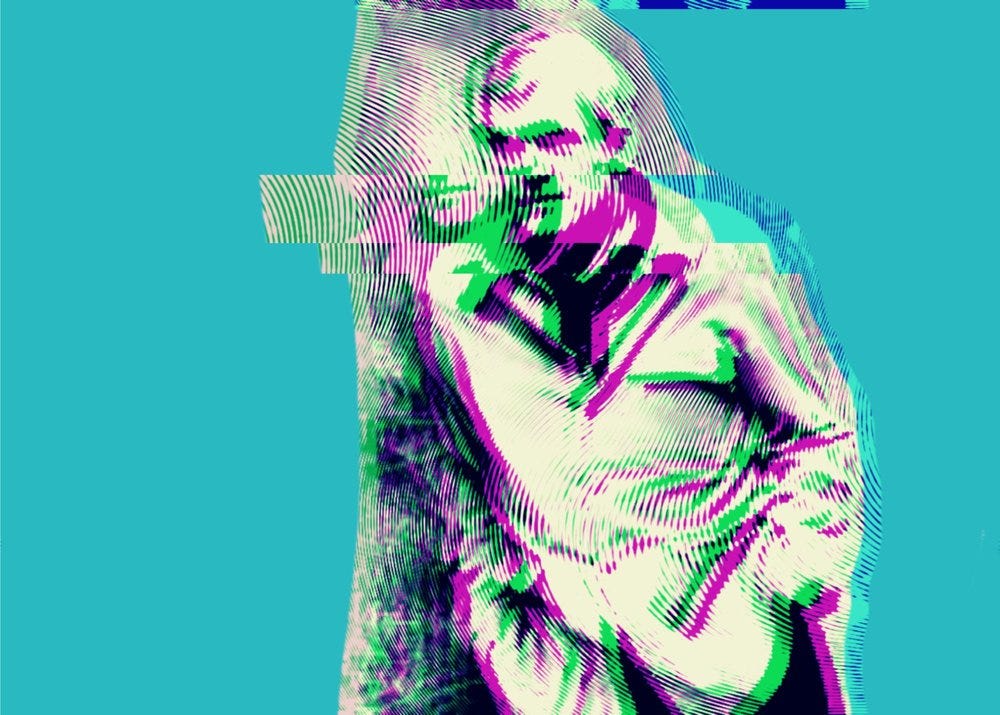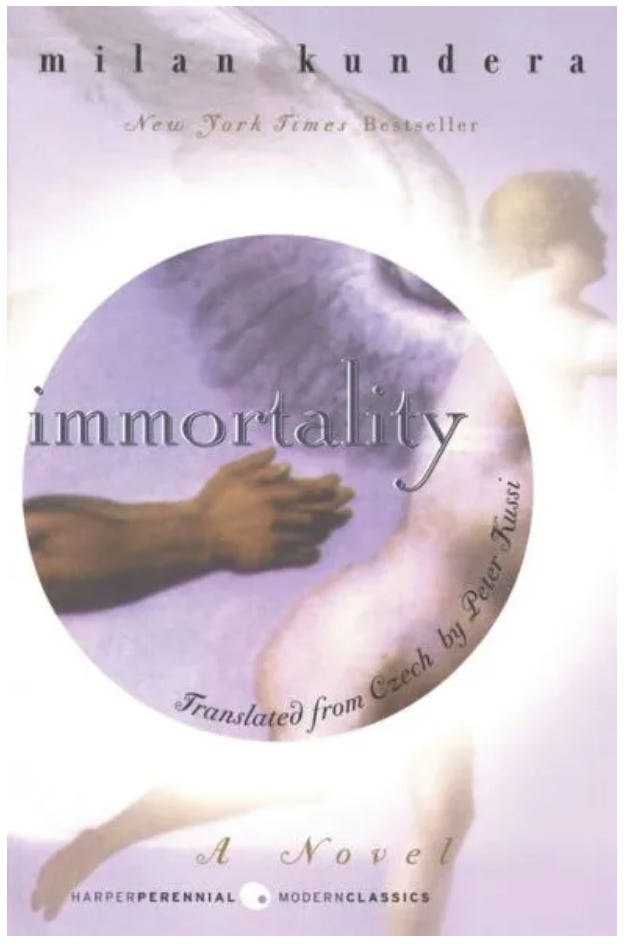Milan Kundera: Would Modern Shakespeare Write Scripts in Hollywood?
by Peter Clarke
Have you ever wondered if you were born in the wrong time? If you’re someone who’s incredibly successful in a specialized field that seems tailormade to your skillset and interests, then probably not. But if you’re, perhaps, an opera singer, you might think about this pretty often.
We take for granted that certain artists or writers from the past were godlike geniuses. But what if they were alive today? If Thomas Aquinas were alive right now, would he still be a theologian? And if so, would he still make an impact on the modern world? What would Leonardo de Vinci be up to if he were alive today? Would he be in Silicon Valley or on Wall Street? Or would he be an anonymous artist and crypto hacker in Europe?
I’ve always enjoyed thinking about these questions. They seem especially pertinent today with so many new creative mediums coming into existence (NFT art, VR game design, Instagram modeling, podcasting…). So it really caught my attention when I stumbled upon a passage by Milan Kundera on this subject.
Milan Kundera’s body of work is very much a product of a specific time and circumstance. The first sentence of his Wikipedia article makes this clear, noting that he’s “a Czech writer who went into exile in France in 1975.” You don’t have to read his Wikipedia bio to learn this. It’s a recurring theme in nearly all of his writing.
Would Kundera have been such a world-renowned writer if he hadn’t been born into a time of political upheaval, forcing him to take up residence in a foreign country? No doubt he’s thought about this a lot, making him the perfect author to expound on the general topic.
The following is from Milan Kundera’s 1990 novel Immortality. The character “Rubens” is a fictionalized version of the artist Peter Paul Rubens.
Rubens once visited New York’s Museum of Modern Art. On the first floor he saw Matisee, Braque, Picasso, Miro, Dali, and Ernst, and he was happy. The brushstrokes on the canvas expressed wild relish. Reality was being magnificently violated like it battled with the painter like a bull with a toreador. But on the next floor, reserved for contemporary paintings, he found himself in a desert: no trace of dashing brushstrokes on canvas; no trace of relish; both bull and toreador had disappeared; the paintings had expelled reality altogether, or else they limited it with cynical, obtuse literalness. Between the two floors flowed the river Lethe, the river of death and forgetting. He told himself at that time that his renunciation of painting might have had a deeper significance than lack of talent or stubbornness: midnight had struck on the dial of European art.
If an alchemist of genius were transplanted into the nineteenth century, what would his occupation be? What would become of Christopher Columbus today, when there are a thousand shipping companies? What would Shakespeare write when theater did not exist or had ceased to exist?
These are not rhetorical questions. When a person has talent for an activity that has passed its midnight (or has not yet reached its first hour), what happens to his gift? Does it change? Adapt? Would Christopher Columbus become director of a shipping line? Would Shakespeare write scripts for Hollywood? Would Picasso produce cartoon shows? Or would all these great talents step aside, retreat, so the speak, to the cloister of history, full of cosmic disappointment that they had been born at the wrong time, outside their own era, outside the dial, the time they’d been created for? Would they abandon their untimely talents as Rimbaud abandoned poetry at the age of nineteen?
Of course, there is no answer to these questions, neither for me, nor for you, nor for Rubens.
-Milan Kundera, Immortality
Peter Clarke is the editor-in-chief of Jokes Review. He’s the author of the comic novels Politicians Are Superheroes and The Singularity Survival Guide. Follow him on Twitter @HeyPeterClarke.



